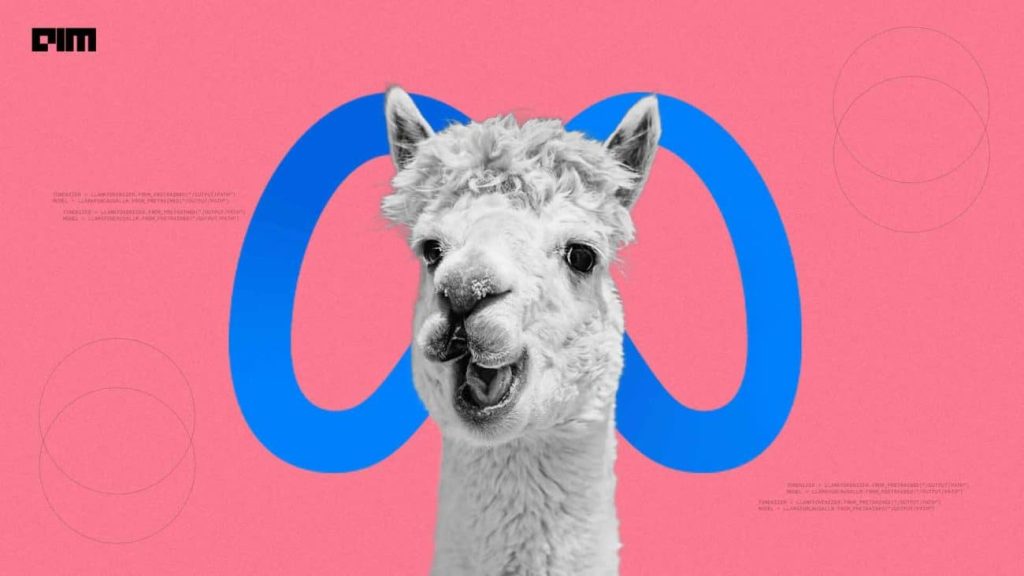Meta has named CognitiveLab as one of the global recipients of its 2024 Llama Impact Grants, recognising the lab’s work on multilingual AI through its Nayana project. The Bangalore-based research group will use the grant to expand access to AI across over 22 languages, aiming to reach more than three billion people.

Announced today, the Llama Impact Grants support open-source initiatives using Meta’s Llama models to address social challenges. Nayana, developed by CognitiveLab, is a multilingual, multimodal language model that integrates Llama for document and image processing, with support for low-resource Indic languages. The model includes capabilities across text, vision, and speech, and has outperformed existing benchmarks in OCR for ten Indian languages.
Shivnath Thukral, vice president and head of public policy at Meta India, said, “Open-source AI is a powerful tool to bridge digital divides, especially in a diverse country like India. With the 2024 Llama Impact Grant, we’re proud to support the Nayana project. Its work embodies the spirit of open innovation—making advanced AI usable for billions of people.”
CognitiveLab founder Shashi Kumar said the grant would accelerate their development efforts. “The Llama Impact Grant enables us to supercharge our efforts with Nayana—expanding language coverage, enhancing multimodal capabilities, and building high-quality training datasets for low-resource language communities,” he said. “Open-source and Llama have empowered us to build world-class systems like Ambari and Nayana with minimal resources.”
AIM previously spoke to Adithya S Kolavi, co-founder of CognitiveLab, during the launch of the Indic LLM Leaderboard.

Founded in 2023, the Llama Impact Grant programme supports work built on Meta’s open-source LLMs—Llama 2, Llama 3, and Llama 4. With over 1 billion downloads and more than 85,000 derivative models, the Llama family has become widely adopted across global research and development communities.
CognitiveLab plans to use the funding to expand Nayana’s language and multimodal coverage, improve its Indic tokeniser, and develop new datasets for speech, text, and image processing. The lab also aims to release tools for deployment in low-resource environments and collaborate with the community to set new benchmarks for multilingual AI.
India continues to be one of the largest markets for Llama adoption, where open-source developers are using the models to build solutions for local needs.

